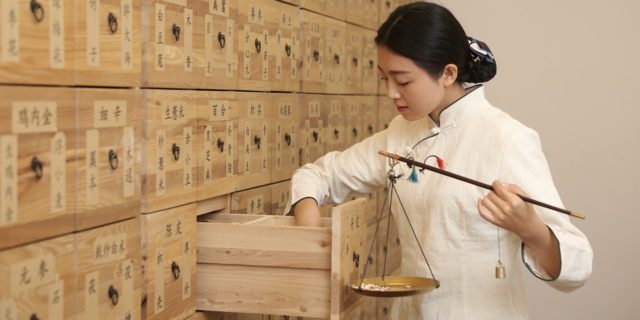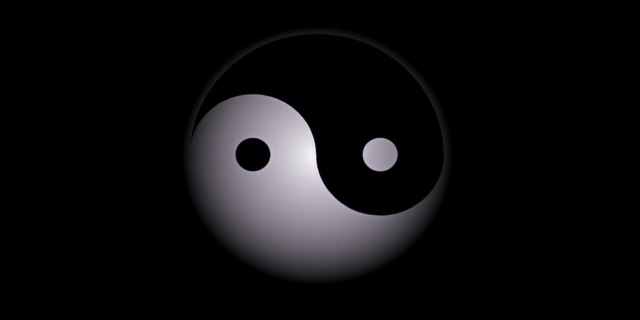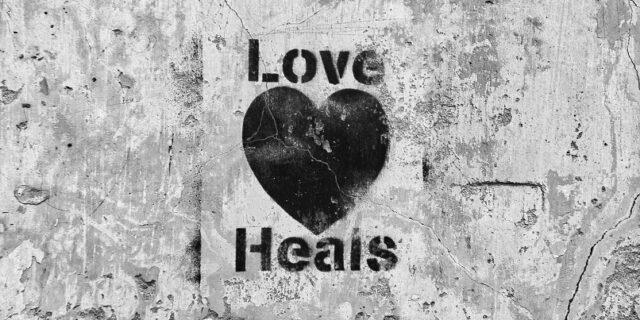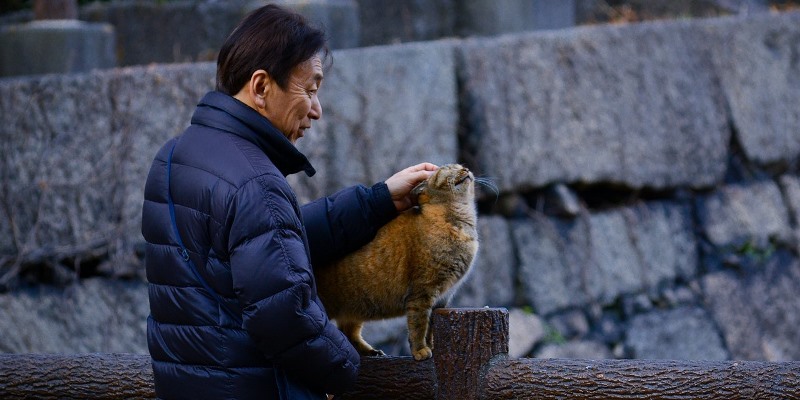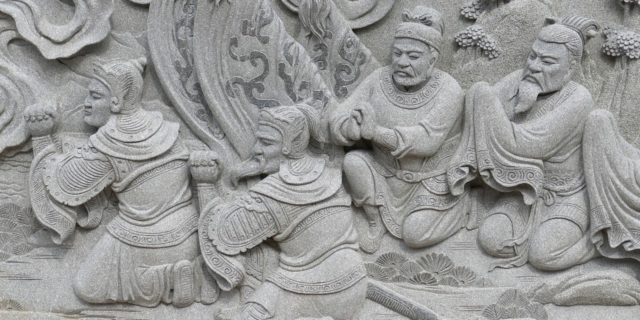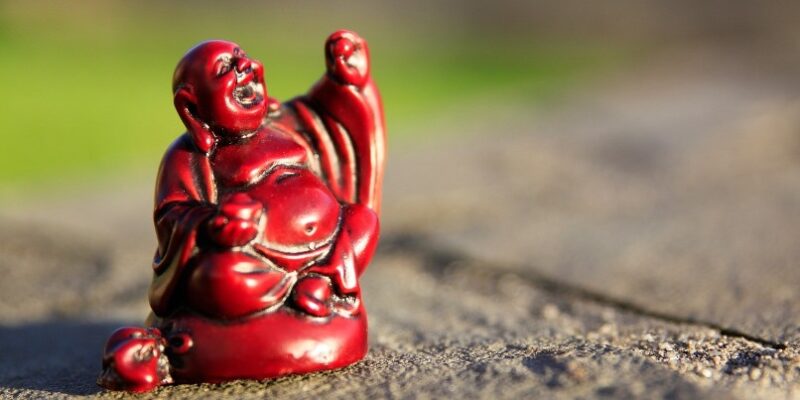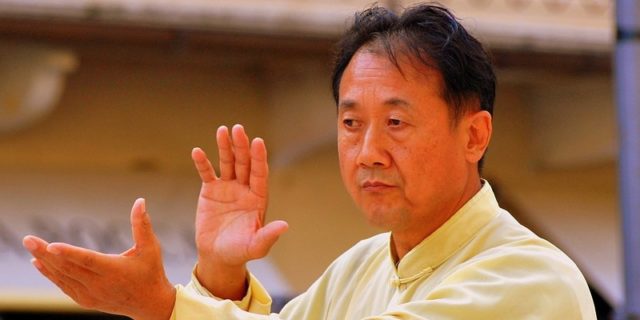
Feng Shui is an ancient Chinese practice that uses Qi Life Force to bring human beings and man-made structures in harmony with their surrounding environment.

Feng means “wind” and Shui means “water” and refers to one of the oldest practices i.e. forms of Feng Shui where the flow of wind and water in a certain environment is analyzed to choose the ideal location to build a structure.
The origins are taught to be in Chinese astronomy, and its history goes back to at least 3,500 BCE, although the methods, tools, and techniques used have changed over time.
Historically, Feng Shui was used to position buildings, such as tombs and temples, in a “correct and auspicious” manner, which included designating the best time (season and star/planet constellations) to build something and choosing the best location for certain (spiritual or religious) structures. Today, Feng Shui is also used to influence health, relationships, and prosperity.
Feng Shui and Traditional Chinese Medicine (TCM) have a variety of concepts in common, notable the use and auspicious conduction of Qi Energy and the idea of Yin-Yang balance.
The Feng Shui practice is part of the Chinese holistic approach to health, taking into account that not only TCM treatments, such as herbal medicine, acupuncture or cupping are important to restore or maintain health, but that one’s environment (home, colors, furniture, garden, air quality, water, plants, forest, creeks or rivers, and so on) can also contribute to or damage one’s health.
Receive occasional news about our new eBook and Video Workshop publications.






